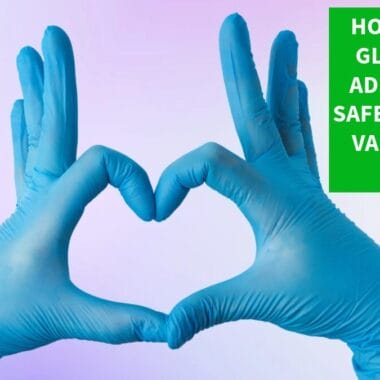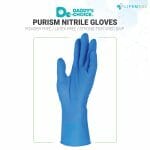What is PPE Training?
PPE training refers to the instruction and education provided to workers on the proper selection, use, maintenance, and disposal of personal protective equipment (PPE). PPE training is crucial in ensuring that employees understand how to effectively use the protective gear necessary to safeguard themselves from workplace hazards. This training is commonly required in industries such as healthcare, construction, manufacturing, and chemical processing, where workers are exposed to risks like toxic substances, sharp objects, extreme temperatures, or infectious agents.
Why is PPE Training Important?
PPE training is essential because it ensures that workers know how to use protective equipment correctly, minimizing the risk of injury, illness, or accidents. Even when high-quality PPE is available, improper usage or misunderstandings about its limitations can lead to insufficient protection. For example, if a worker doesn’t know how to properly fit a respirator, they may be exposed to harmful particles, reducing the effectiveness of the equipment.
Regulatory bodies like OSHA (Occupational Safety and Health Administration) require employers to provide PPE training as part of their workplace safety programs. Employers must ensure that workers are educated on when PPE is necessary, how to wear it properly, how to check for damage, and how to maintain it to ensure continued effectiveness.
Key Components of PPE Training
- Selection of PPE: Workers must understand how to choose the right type of PPE for specific tasks and hazards. For instance, a healthcare worker may need gloves, gowns, and face shields, while a construction worker may require hard hats, safety glasses, and steel-toed boots.
- Proper Fit and Use: The training should emphasize how to wear PPE correctly, ensuring a snug fit and secure coverage. Improper fit can reduce the effectiveness of the equipment.
- Maintenance and Inspection: Workers should be trained on how to regularly inspect PPE for signs of damage, wear, or contamination, and how to maintain it for prolonged use.
- Safe Disposal: Knowing how to properly dispose of used or contaminated PPE is vital, particularly in industries where biological or chemical exposure is a concern.
Importance of PPE Training in the PPE Industry
Effective PPE training ensures that employees are fully aware of the importance of personal protective equipment and how to use it effectively. In healthcare, proper PPE training helps prevent the spread of infections. In industrial settings, it helps reduce the risk of accidents and injuries from hazardous materials.
Conclusion
PPE training is an essential part of workplace safety, ensuring that workers are properly equipped and knowledgeable about the use and maintenance of their protective equipment. By providing thorough and ongoing training, employers can protect their workforce, reduce workplace injuries, and comply with industry safety regulations.
« Back to Glossary Index

















